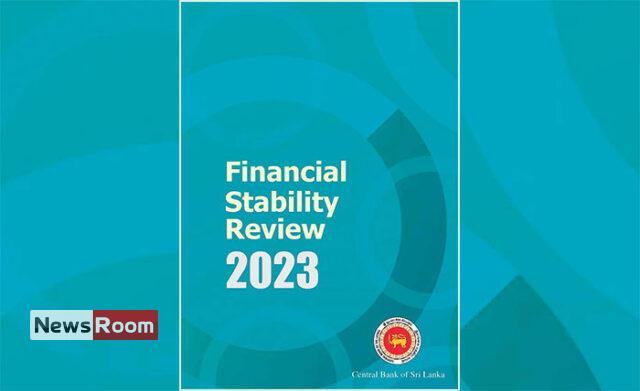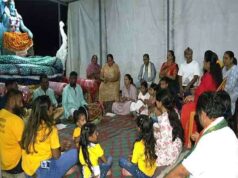by Amal Jayasinghe
The controversial arrest of Sri Lanka’s senior most Kapuwa, or the intermediary between devotee and deity, has renewed a debate over who should benefit from the valuable offerings to the gods.
Somipala Ratnayake, the chief “Kapuwa” at the Kataragama Maha Devale was taken into custody on Wednesday over a missing gold tray said to be worth over 6.4 million rupees. He was enlarged on bail of half a million rupees.
He was also ordered to report to the Colombo Crime Division on the last Sunday of every month pending the conclusion of the case.
“He was arrested following a complaint that a gold ornament gifted to Lord Murugan had disappeared from the shrine under his watch two years ago,” a police official said.
He said Ratnayake, who is in his mid 80s, was charged with “criminal breach of trust” over the loss of the gold tray which had been gifted to the god by a devotee many years ago.
Police said the ornament had been offered to the gods by the wife of a drug dealer. With the devale not subject to the Central Bank’s rigorous “know your customer – KYC” regulations, accepting such expensive gifts purchased with questionable earnings is not an offence.
An investigator familiar with the crisis at Kataragama said it was difficult to maintain a case of breach of trust over the allegedly missing gold tray because it was difficult to establish the beneficial ownership of the offering.
“If we charge anyone for breaching the trust of gods, who will speak on behalf of the gods?” the investigator asked. Any judicial interpretation of ownership of what is offered to the gods could have serious implications over a matter of faith.
The arrest of the Kapuwa and the surrounding controversy would also test the belief system.
A lay custodian of the shrine had raised the alarm over the apparent loss of the gold tray in 2021 and the Basnayake Nilame, the chief lay custodian of the Kataragama devale had lodged a police complaint.
However, a fellow Kapuwa, Lal Arapaksha maintained that any offerings to the gods belonged to the celebrant according to a tradition maintained at the centuries-old shrine.
“The Kapuwa who conducts a pooja (ritual) is entitled to any offerings, there is no question of theft,” Arapaksha said.
“Sometimes a nail manufacturer would offer some of his products to Lord Murugan. What will he do with nails, so we either give it to a builder or turn it into cash. That is for the upkeep of the shrine. There are 10 Kapuwas and each has about 20 to 30 helpers who have to be maintained with the offerings they receive from devotees.”
Sri Lanka is predominantly Buddhist, a faith that does not typically recognize deities, but local practice incorporates elements of Hindu and animistic worship.
It is common for Buddhist priests to invoke the blessings of 330 million gods during their sermons, a reference to the Hindu pantheon.
Kataragama is highly venerated by Buddhists as well as the faithful from the minority Hindu, Muslim and Christian communities who believe in the power of Lord Murugan.
Two months ago, a group of Kapuwas staged a token strike over a pay dispute and refused to perform rituals at another shrine – the Seenigama devale — known for helping pilgrims place curses on their enemies.
Here is a brief account of what happens to the offerings at Kataragama.
There are 10 Kapuwas who conduct poojas (rituals).
Each get one month a year to conduct rituals. Two months of the year is set aside for the Basnayaka Nilame, the lay custodian. He can employ anyone of his choice for this period and all offerings are at the disposal of the Nilame.
All cash, jewellery and any other valuables offered to Lord Murugan becomes the property of the Kapuwa who conducts the pooja.
Each Kapuwa is also responsible for the upkeep of the shrine during his month of poojas. He also must pay the 30 to 40 helpers he may employ. Monies that get collected in tills at the shrine come under the administration of the Basnayake Nilame.
It is not clear whether the Kapuwas, Basnayake Nilame have to declare the income for tax purposes and whether there are records of the offerings made by the faithful devotees.








